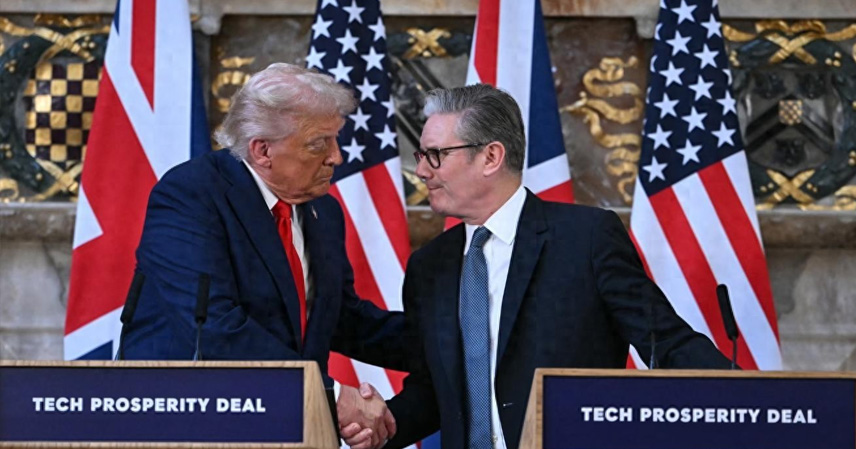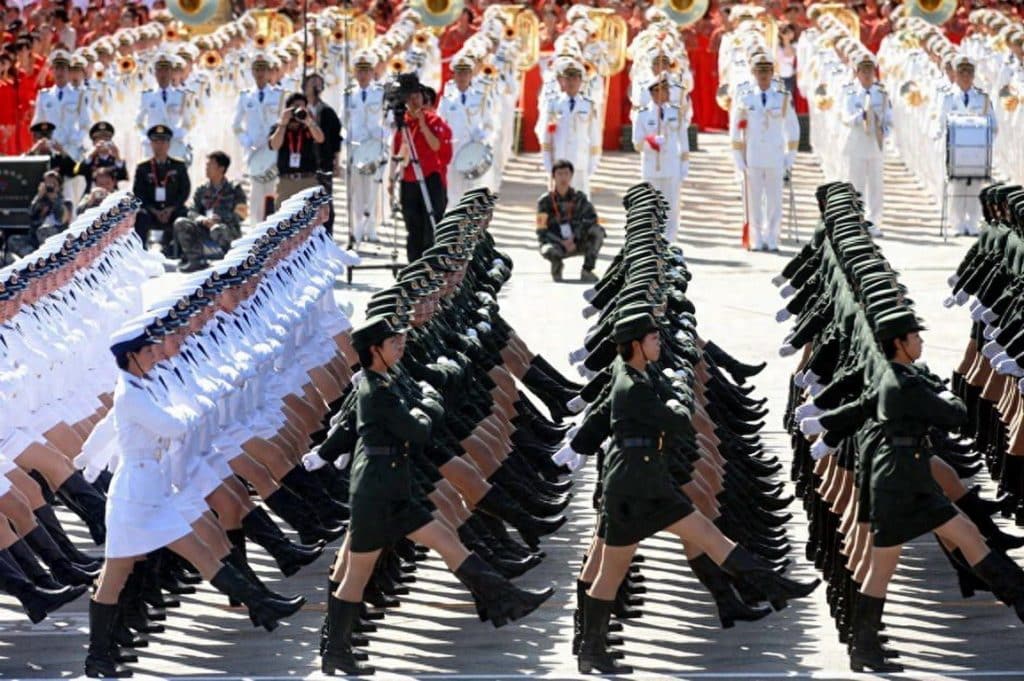Trump’s Double-Faced Diplomacy
The relationship between Russia and the West has grown far beyond irreconcilable differences. Strangely, however, while publicly condemning Moscow, Western leaders have avoided a complete rupture—appearing at times almost schizophrenic in their stance.
On Thursday, standing alongside UK Prime Minister Keir Starmer, Donald Trump turned what was meant to be a showcase of Anglo-American unity into a turning point in Washington’s rhetoric toward Russia.
With a heavy tone, Trump admitted: “Putin has disappointed me. He is killing large numbers of civilians, and Russian military casualties exceed those of Ukraine.”
This blunt accusation contrasted sharply with Trump’s earlier remarks blaming the war on Volodymyr Zelensky and Joe Biden. In recent weeks, he has quietly shifted his criticism toward Moscow, culminating in a direct rebuke of Putin.
Recalling his early days in office, Trump reflected: “I thought brokering a ceasefire between Russia and Ukraine would be easy, because I had a good relationship with President Putin.” But reality proved otherwise.
Repeating “he really disappointed me”, Trump underscored both the failure of his peace ambitions and his growing frustration with Putin’s apparent lack of respect for U.S. leadership.
For London, Trump’s words were an unexpected gift. Starmer had hoped to use the visit to further isolate Moscow, and Trump’s public rebuke of Putin offered exactly that.
The 90-minute bilateral talks featured a range of sensitive issues, but the highlight was Starmer’s success in channeling Trump’s ire directly at the Kremlin.
Yet, Trump’s overall approach to his two-day UK visit revealed caution. On the Palestinian statehood issue, he opposed Starmer’s recognition but downplayed it as “one of our few disagreements.”
On freedom of speech and other contentious matters, Trump exercised restraint—an unusual contrast to his usual confrontational tone.
But on immigration, his bluntness returned. Addressing the issue of migrants crossing the Channel in small boats, he urged: “Whether by using the military or any other means, you must stop it, because it will destroy your country from within.”
At Windsor Castle, however, Trump’s demeanor softened as he expressed “indescribable gratitude” to King Charles III and Queen Camilla, praising them as “wonderful people” and affectionately calling Britain “this beautiful and magnificent group of islands.”
This warmth stood in stark contrast to his harsh rebuke of Putin, highlighting the many faces Trump wears on the diplomatic stage.
When asked about Peter Mandelson, Trump claimed “I’ve never met the man”, despite records of several encounters—an instance of selective amnesia, and a sharp contrast to his frankness on the Russia-Ukraine conflict.
Divided Diplomatic Strategies
The press conference’s real tension emerged over Russia strategy. Starmer pushed for harsher sanctions, stressing: “Only when the president pressures Putin does he show any willingness to shift.”
Trump flatly rejected the idea, instead offering a market-based solution: “If oil prices fall, Putin will have no choice but to withdraw from this war.”
This response, hinging peace on oil market fluctuations, clashed starkly with the UK’s call for tougher punitive measures.
The shift in Trump’s rhetoric—from blaming others to directly targeting Putin—coincided with Britain’s push to further isolate Moscow. While London failed to secure stronger U.S. sanctions, Trump’s rebuke gave Starmer’s government a symbolic win.
Still, Trump’s position revealed contradictions: criticizing Putin yet resisting sanctions, seeking peace yet tying it to oil prices.
With Europe and India still importing large volumes of Russian crude, sanctions alone may prove ineffective. Yet reducing the war to a question of oil prices risks appearing overly simplistic.
Conclusion
Trump’s visit painted a complex picture: he flattered the British monarchy to preserve alliance goodwill, criticized Putin to meet British expectations, but stood firm against deeper sanctions.
The episode exposed the West’s current dilemma: projecting unity while guarding national interests, responding to allies’ demands without sacrificing strategic flexibility.
References
- Statements from Trump and Starmer during joint press conference, UK visit coverage.



